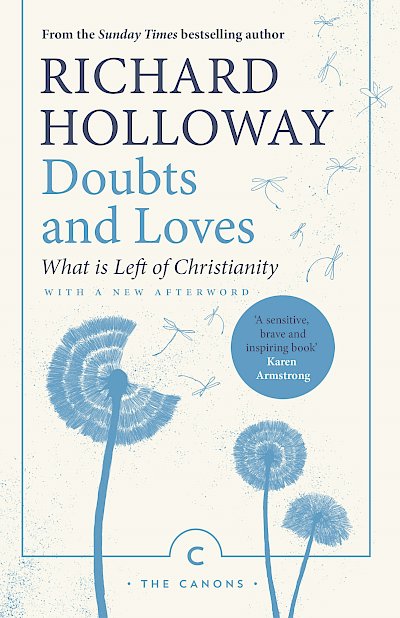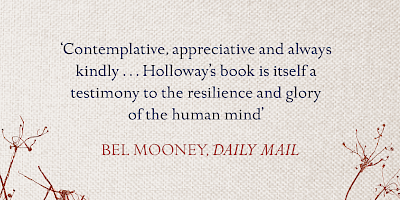Richard Holloway
Richard Holloway was Bishop of Edinburgh and Primus of the Scottish Episcopal Church. A former Gresham Professor of Divinity and Chairman of the Joint Board of the Scottish Arts Council and Scottish Screen, he is a fellow of the Royal Society of Edinburgh. Leaving Alexandria won the PEN/Ackerley Prize and was shortlisted for the Orwell Prize. Holloway has written for many newspapers in Britain, including The Times, Guardian, Observer, Herald and Scotsman. He has also presented many series for BBC television and radio; Waiting for the Last Bus originated as a five-part series on Radio 4 in 2016.
“Do we have to be religious to be moral? Do we have to believe in God to be good? These questions may sound impertinent to people without a religion or clear belief in God who are trying to lead a good life.”
“Just when we think all the ladders between heaven and earth have fallen down we discover that our own heart, after all, has been the source of our greatest insights. That’s where all ladders start.”
“It’s three o’clock in the morning and I can’t sleep, which is probably why I’m in that chair, not in bed. I’ve made a pot of dark roast coffee to clear my head and help me think . . . By nine o’clock in the morning I am being stunned by the serious weirdness of the universe.”
‘To what degree can we manage our death - or is it mostly out of our hands? This rich series of reflections is the product of decades of contemplation and pastoral responsibility and it gently nudges us to contemplate last things, even we are inclined perhaps not to.’
RTÉ
“Richard Holloway is going to die. I, too, am going to die, and so, dear reader, are you. Holloway’s new book is a plangent and profound meditation on the ultimate inevitability.”
Stuart Kelly
Scotsman

“Because Holloway’s attachment to the rigid formulas of religious faith has loosened in the years since his retirement – he refers to himself as a “doubting priest” – he is the perfect inclusive guide to death. The free-flowing structure he adopts as he goes about his task is elegant, elegiac and thought-provoking; questions not answers, interspersed with material from a range of writers – WH Auden, Philip Larkin, C Day-Lewis, Edward St Aubyn and Atul Gawande.”
Observer
“Holloway has not died, but has spent the past few years — indeed, much of his life — thinking deeply about death, the result of which is a new book, Waiting for the Last Bus. He is also an avid reader of other people’s obits, which is why he has agreed to contribute to this, a first draft of his own. ‘I love the obituary as an art form,’ he says. ‘Done well, it’s like a short story, an encapsulation of a complex life.’”
Peter Ross
The Times












